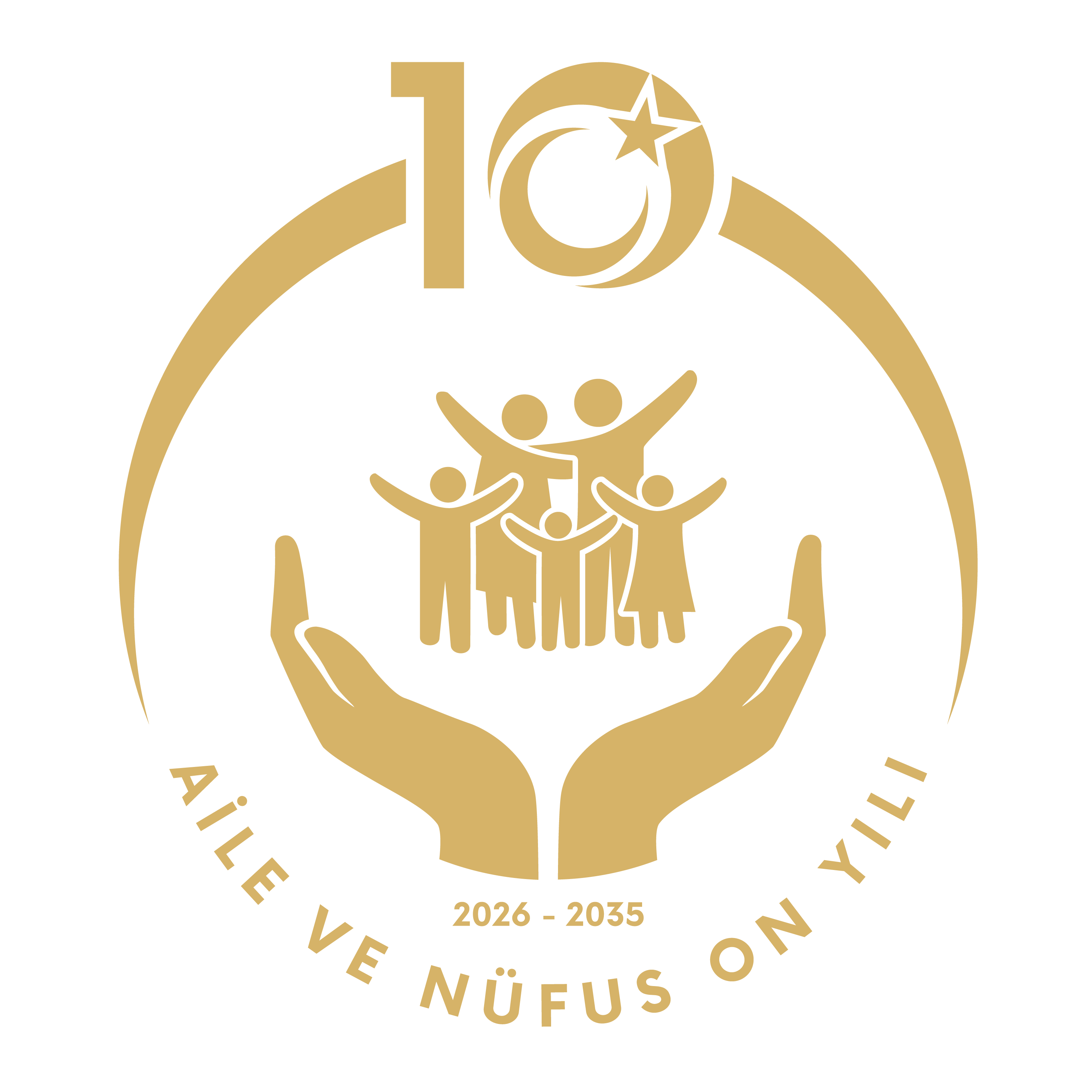Ayşenur Çoban, Director General of the Family Institute of the Republic of Türkiye, participated as a speaker at The Role of Family Institutions and Demographic Trends in Achieving the SDGs, held as part of the 1st Economic Cooperation Organization (ECO) Forum on Sustainable Development in Turkmenistan on April 28–29, 2025.
In her remarks, Ms. Çoban expressed her satisfaction that their initiative to include family and population issues as key components of economic development was welcomed in the ECO Mashad Declaration, and that these issues have since gained concrete visibility on the ECO agenda. She emphasized that a strong family institution and a robust population structure are not secondary matters, but essential pillars of sustainable development.
Çoban noted that the family institution is structurally weakening worldwide and that fertility rates have declined significantly, posing a threat to the future of societies. She underlined that Türkiye’s fertility rate has dropped to 1.51 — the lowest in its history — and reminded that H.E. the President Recep Tayyip Erdoğan has referred to this trend as an “existential threat.”
Highlighting Türkiye’s recent steps in the field of family and population policy, Ms. Çoban shared developments such as the 2024–2028 Vision Document and Action Plan for the Protection and Strengthening of the Family, the establishment of the Department of Family and Population Policies, the Council on Population Policies, and the Family Institute — all of which reflect a more holistic and institutionalized approach.
She also recalled that 2025 has been declared the “Year of the Family” in Türkiye, stressing that economic, social, and cultural policies supporting the family should be regarded as integral to sustainable development.
Warning against fragmented and short-term approaches, Çoban emphasized the need for policies to be research-based, value-driven, and designed in coordination across sectors, and for the family perspective to be integrated into all planning and programming processes.
“Investing in the family is not just a social choice — it is a strategic imperative for building productive and resilient societies” she stated, adding that the ECO region has the potential to lead by example through joint action and cooperation in this field.












